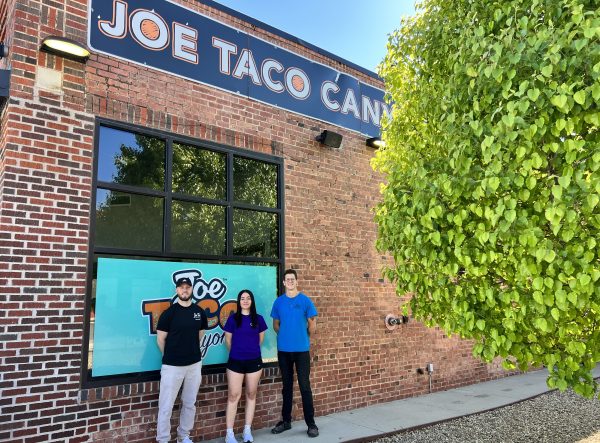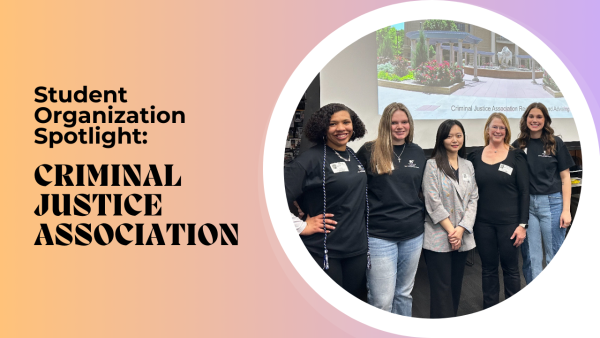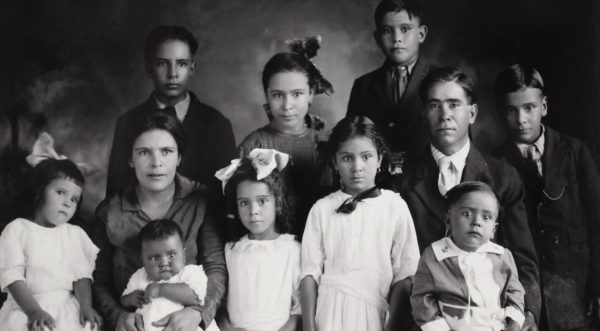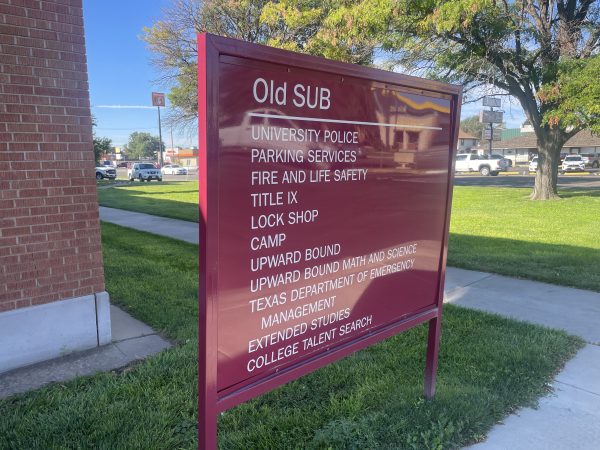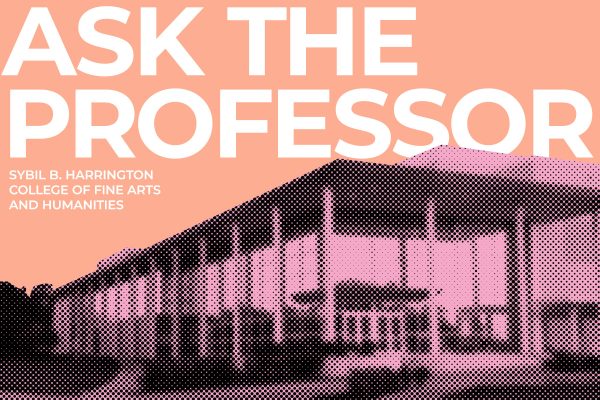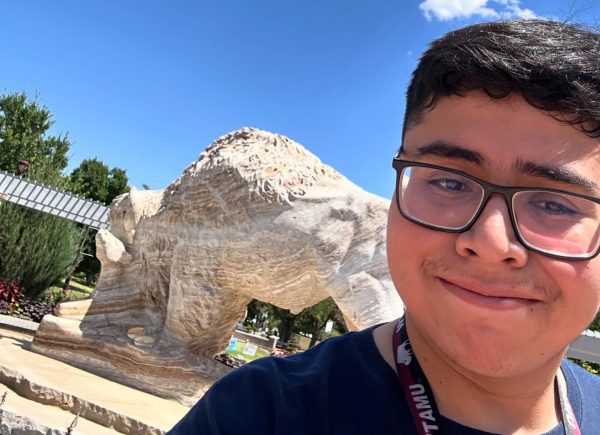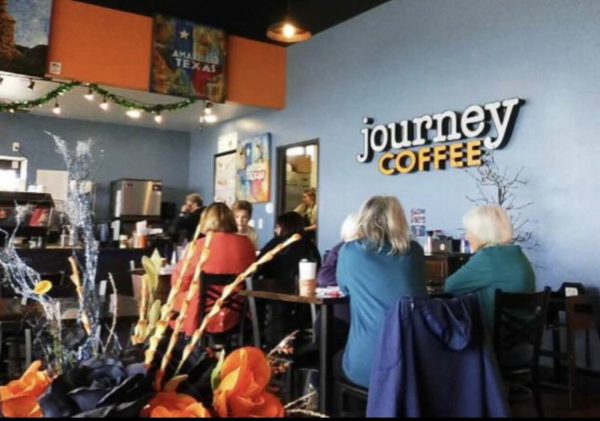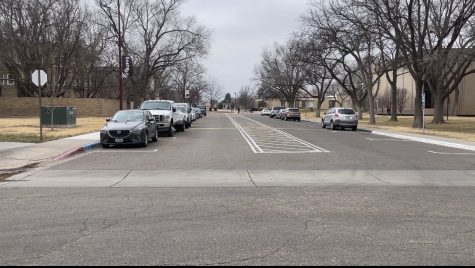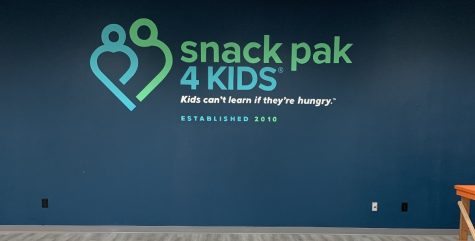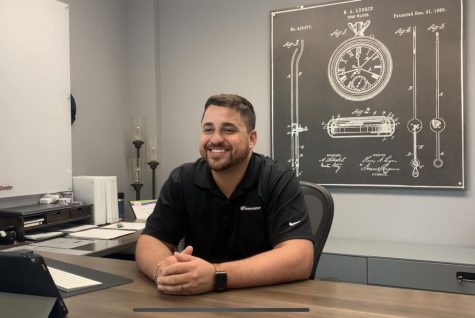Struggles for First Generation Hispanic Migrant students
Hispanic migrant workers across the U.S. are based mainly in Texas and California and look for employment in agriculture or fishing-related occupations.
The children of migrant employees are moving around the nation, sometimes consistently, making it difficult in education environments. Difficulties include poverty, irregular school attendance and language barriers between parents and school systems.
West Texas A&M University provides a scholarship for first-generation college students who need financial assistance.
The College Assistance Migrant Program (CAMP) assists first-generation students, especially those of the Hispanic population, with tuition, advising, community service hours and helping students find a place to belong.
Fabiola Hernandez is the CAMP academic advisor and coordinator of the program, and she is very involved with the CAMP scholars assisting them with what they need help with.
“I think it’s just very important to continue mentoring these students and having someone that is rooting for them,” Hernandez said. “Regardless of their background, regardless of where they’re coming from, where they’re working in, it’s definitely achievable.”
Most Hispanic migrant workers in the U.S. come from Mexico, and it is financially more difficult to have a steady income because most are undocumented citizens. Migrant occupations have the difficulties of high physical labor but poor pay.
Christian Annett is a current CAMP scholar at WT majoring in civil engineering. He is originally from Arkansas and came to Texas at a young age.
“My parents didn’t have much money,” Annett said. “While the time they were supposed be making sort of a fund for me to go to college, it was pretty much us just living check to check, so CAMP definitely helped me financially.”
CAMP is a federally funded scholarship to help students of the migrant community on a smoother transition from high school to college. It opens doors of opportunities for students pursuing their goals.
Axel Irvin Oliva is a mechanical engineering major at WT and a CAMP alumnus who currently works as a tutor for the CAMP program.
“The things that I used to take from CAMP was mainly just like how they were able to teach me different things that I would need to know about college,” Oliva said. “What I do now is what I learned back then; I start giving it to the new CAMP students that are in there.”
Students have found a home at WT because of CAMP. They begin to think more about living their college experience rather than working a job to provide for themselves financially.
Hernandez has provided resources for their parents to be more involved in the CAMP community as well, so that they know their kids are being well taken care of, taking away their worry for their child.
CAMP helps students with financial needs, and provides them with a family of the same background, so they are able to help and love one another.



